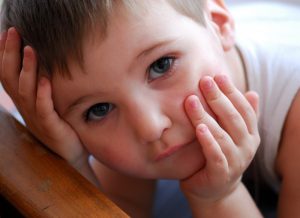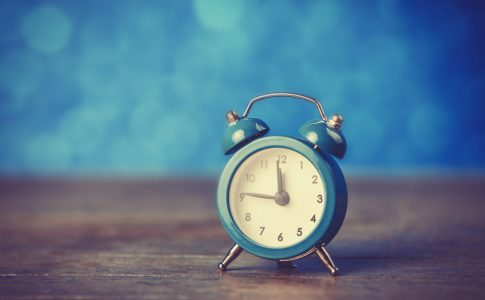 Mental illness or addiction is at the top of the list of reasons for divorce or breakup. Co-parenting with an active addict, or an individual with other forms of untreated mental illness, is a staple for many solo parents. Children are affected in very negative ways, including taking on maladaptive roles to survive the dysfunctional situation. As such, it’s crucial for solo parents to identify these roles as red flags when assessing their children’s need to be provided with professional help.
Mental illness or addiction is at the top of the list of reasons for divorce or breakup. Co-parenting with an active addict, or an individual with other forms of untreated mental illness, is a staple for many solo parents. Children are affected in very negative ways, including taking on maladaptive roles to survive the dysfunctional situation. As such, it’s crucial for solo parents to identify these roles as red flags when assessing their children’s need to be provided with professional help.
Mental illness is a systemic disease. In other words, it not only wreaks havoc on the mind, body and spirit of the mentally ill individual, but it also affects the entire family system. Without intervention, active mental illness destroys not only the untreated individual, but his or her family as well.
Living with active—or untreated—mental illness is chaotic for the individual and the family. In an effort to accommodate the chaos and reinstate a sense of balance, immediate family members begin to adjust their personalities and behaviors. This process is known as maladaptation, and it works to keep the illness active. Hence, the term dysfunctional—or sick functional—family.
These maladaptive roles are defined as follows:
- Chief Enabler – Usually a spouse or significant other but can certainly be a child, if no spouse or significant other is present. Makes calls to excuse the mentally ill person/addict from work, bailing him/her out of jail, covering for deceptive behavior, etc.
Maladaptive purpose: It is the leading enabling role working to protect the untreated individual from negative consequences which, in turn, prevents the individual from seeing a need to seek help.
- Hero – High-achiever. Over-responsible and overcompensating for the dysfunction. Receives straight A’s, excels in sports and likely pursue a college education and a sophisticated career.
Maladaptive purpose: Provides positive distraction from the dysfunction and gives the appearance of successful parenting.
- Mascot – Class clown. Makes light of everything in an effort to deny the painful experience. Jokes about devastating issues within the family.
Maladaptive purpose: Prevents the mentally ill individual, as well as others, from seeing the severity of the dysfunction.
- Lost Child – Rarely seen or heard. Typically retreats to his/her bedroom and buries him/herself in books, TV, video games, music, etc.
Maladaptive purpose: This role basically devours a child, leaving the untreated individual with one less responsibility.
- Scapegoat – The problem child. Constantly acting out, receives poor grades and disciplinary actions in school, possible legal issues, prone to angry outbursts, etc.
Maladaptive purpose: Takes heat off the untreated individual and places negative focus on the child.
Children who are involuntarily forced into these roles are unable to achieve their full potential. Even if they find themselves in the hero role—a role which is championed by society—they are experiencing an equal amount of pain and dysfunction because they are not free to explore, or allow themselves the joys of life. Rather, they may suffer from failed or non-existent relationships, anxiety, obsessive-compulsive disorder, eating disorders, etc., in adulthood—the result of a need to control fostered by that which they tried to exercise in their chaotic childhood.
As solo parents, it is vital to keep in mind the parental duty to launch a healthy adult. The first step is to recognize that a child’s exposure to untreated mental illness in a parent, co-parent, significant other, close friend or family member is unacceptable and unhealthy. Taking action to intervene on the child’s maladaptive process by means of professional counseling can help to ensure a healthy adulthood. This is what responsible parenting looks like—solo or otherwise.





